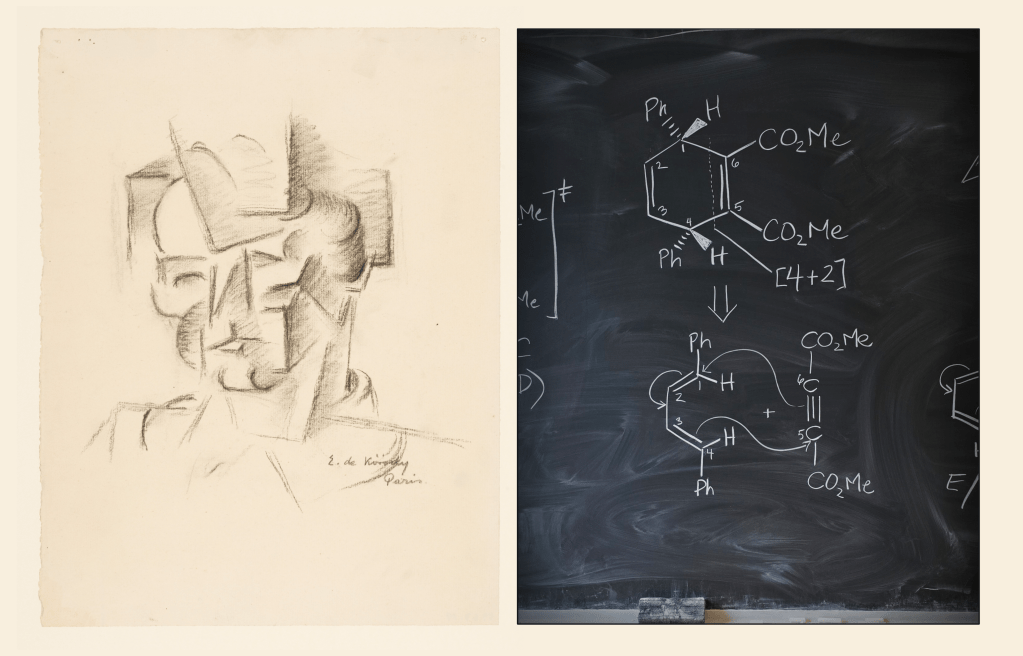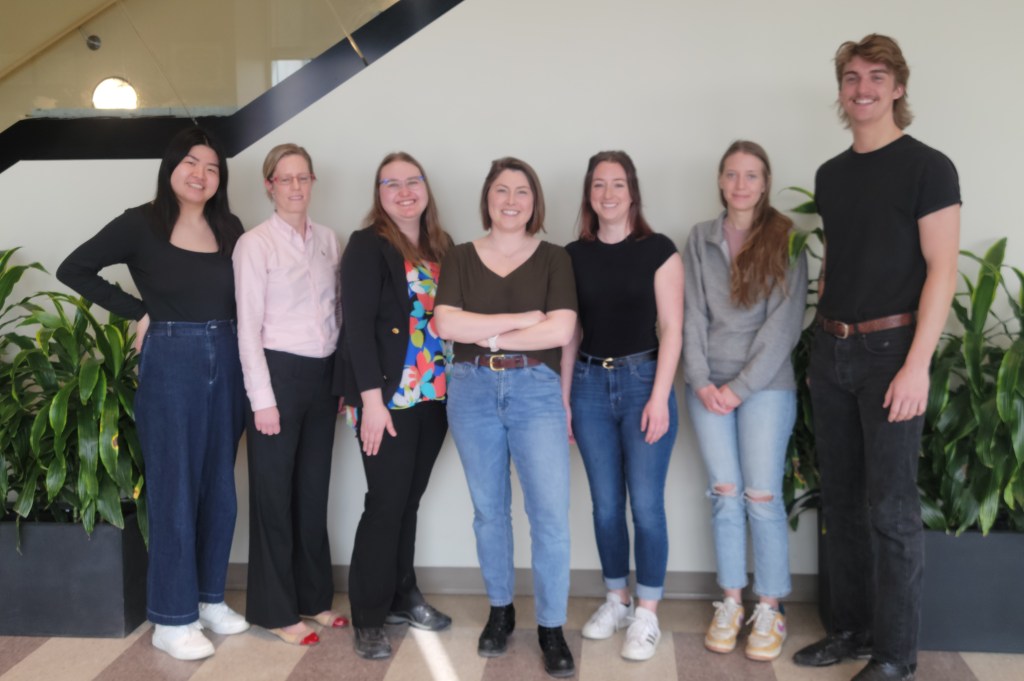Latest Posts
→see all
-

Read our new article at theConversation.ca
Are there parallels between the skills learned in an arts education and those needed in science classrooms? 🤔 Check out our work in The Conversation!
-

Update 2024
Here’s what we have been up to! February 2024 Congrats to Shauna for completing her candidacy exam! Here we are celebrating at the Brewpub. May 2024 Bela joins the research group as a NSERC USRA summer student. Rachel and Katelyn join the group as summer 4th year undergraduate thesis students. May 2024 Congrats Zoé for…
-

Outstanding Early Career Researcher Award
Amanda received the 2024 Outstanding Early Career Researcher in Chemistry Education Award!
-

2024 Undergraduate Summer Research BBQ
Amanda and Bela attended the undergraduate summer research BBQ which celebrates the work of summer research students. …
-

New paper! Culture and ethnography for chemistry education
Shauna and Amanda explore ethnography’s significance in chemistry education research in their article.
-

Update 2023
Here’s what we have been up to! April 2023 Congrats to Yifan, Sarah, and Jackson for completing their 4th year thesis projects! May 2023 Annemarie Wolff joins the QCER Group as a postdoctoral fellow in Neuroscience. Bela Leger joins the QCER group as a NSERC USRA summer student. June 2023 Dr. Bongers, Shauna Schechtel, and…
Chemistry, Cognition, and Learning
Amanda’s research group studies how chemistry is taught and how people learn. Our lab is interdisciplinary and bridges the social sciences with cognitive science and neuroscience.
OUR RESEARCH GOALS
When people learn, they are processing information: encoding, retrieving, and using information to make decisions. Research in our lab explores how people learn in chemistry, where we rely on models and diagrams since molecules are invisible to the eye. We ask questions like:
- How do novices encode diagrams, and what does this reveal about learning?
- What neural processes are involved?
- What skills are needed to learn in chemistry, and do they overlap with other sciences or the arts?
- How can educators design materials or activities to help students learn?






